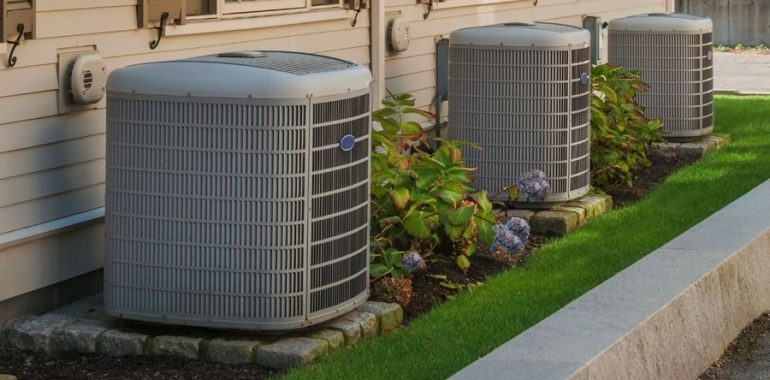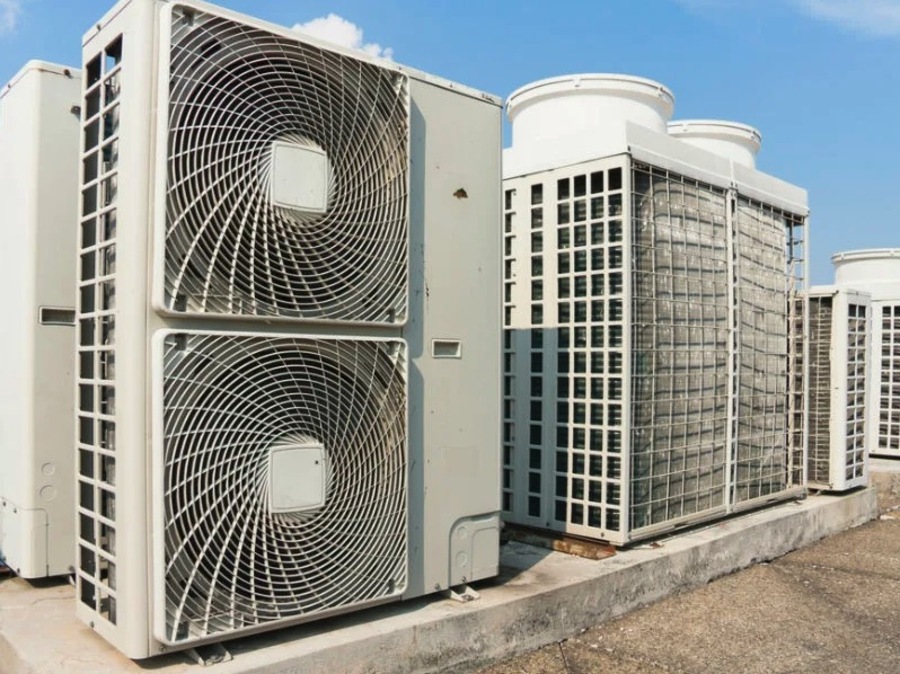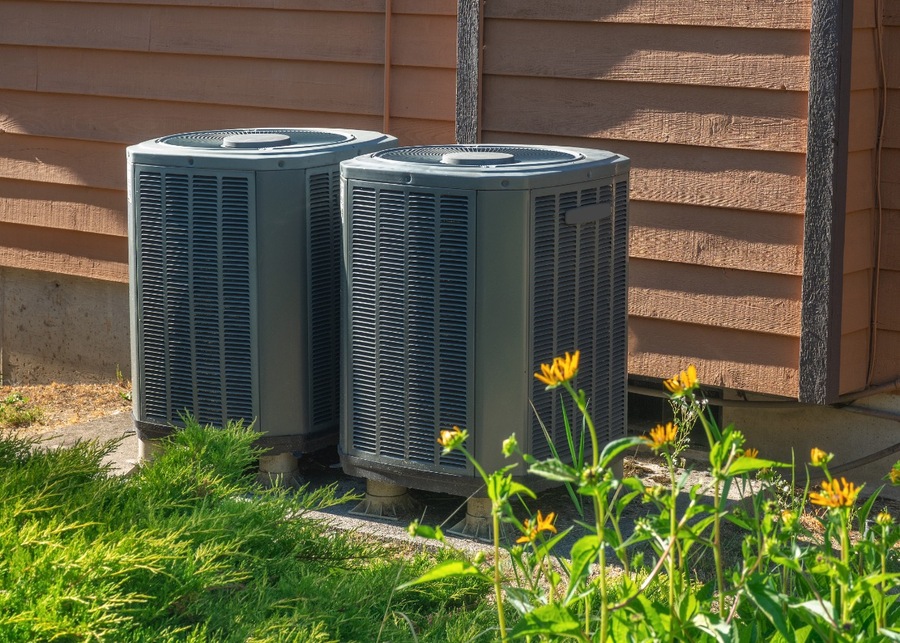The Evolution and Benefits of Electric Generators

Electric generators are indispensable devices that ensure a steady electricity supply during power grid malfunctions or in areas without access to a power network. Whether you need to run power tools far from a power source, keep a street air conditioner running at a party, or maintain power at home or the office during a breakdown, compact or stationary autonomous stations can provide the necessary current, much like a conventional outlet. Consider combining generator power with outdoor cooling rental options for events to ensure a comfortable and smoothly running event, even in the hottest conditions.
Page Content
History of the Development of the Electric Generator
The development of electric generators has a rich history, marked by several key innovations and discoveries:
Yedlik Dynamo
The Yedlik Dynamo, invented by Hungarian physicist Ányos Jedlik in 1827, is considered one of the earliest forms of electric generators. Jedlik’s invention involved using a rotating coil of wire placed within a magnetic field, producing electricity through electromagnetic induction. This early dynamo laid the foundation for future advancements in electrical generation.
Faraday Disk
Michael Faraday, an English scientist, made a significant contribution to the development of electric generators with his invention of the Faraday Disk in 1831. This device consisted of a copper disk rotating between the poles of a magnet, generating a continuous flow of electric current. Faraday’s experiments demonstrated the principles of electromagnetic induction, which are fundamental to modern generators.
Dynamo Machine
The Dynamo Machine, developed by Werner von Siemens and Charles Wheatstone in the 1860s, represented a major leap forward. Unlike earlier devices, the Dynamo Machine used self-excitation, where the generator’s output was fed back into its field windings to maintain a constant magnetic field. This innovation greatly improved the efficiency and practicality of electric generators, leading to widespread industrial use.

Working Principle of the Electric Generator
Electric generators operate on the principle of electromagnetic induction, first discovered by Michael Faraday. The basic components of an electric generator include a rotor (or armature), a stator, and a magnetic field. Here’s how it works:
1. Rotor and Stator Interaction: The rotor, connected to an external mechanical source (such as an engine or turbine), spins within the stator, typically a stationary set of coils made of conductive wire.
2. Magnetic Field Generation: As the rotor turns, it creates a magnetic field around the stator. This changing magnetic field induces an electric current in the stator coils.
3. Current Generation: The induced current is then harnessed and directed to an output circuit, providing usable electrical power.
Types of Electric Generators
There are several types of electric generators, each suited to different applications:
Gasoline Generator
Gasoline generators are popular for household use due to their affordability and ease of operation. They are ideal for short-term or emergency power, providing reliable electricity for essential appliances and tools. Gasoline generators are portable and can be easily moved to different locations, making them versatile for various applications.
Inverter Generator
Inverter generators are known for their portability, fuel efficiency, and ability to produce clean, stable power. They are perfect for sensitive electronic devices such as laptops and smartphones and are commonly used during trips and outdoor activities. Inverter generators adjust their engine speed to match the required load, which makes them more fuel-efficient and quieter than conventional generators.
Diesel Generator
Diesel generators are robust and efficient, making them suitable for prolonged use and high-power applications. They are often used in industrial settings, construction sites, and for backup power in homes and businesses where uninterrupted power is critical. Diesel generators have a longer lifespan and require less maintenance than gasoline generators, making them a cost-effective option for long-term use.
Gas Generator
Gas generators, connected to a natural gas line or propane tank, offer a continuous and reliable power supply. They are ideal for home standby systems, ensuring electricity is available during extended outages or for small-scale production needs. Gas generators are environmentally friendly, producing fewer emissions than gasoline and diesel.
Choosing the Right Generator
Selecting the appropriate generator depends on your specific needs and circumstances. Here are some key considerations:
1. Power Requirements: Determine the amount of power you need. A gasoline generator is usually sufficient for basic household use. For higher power demands, consider a diesel or gas generator.
2. Portability: An inverter generator’s portability and clean power output are advantageous if you need a generator for travel or outdoor activities.
3. Phases and DC Outlet: Check if you need a generator with multiple phases or a DC outlet for specific applications.
4. Fuel Type: A generator connected to a gas main is ideal for uninterrupted home power supply or small-scale production. A diesel generator is a reliable alternative if natural gas is not available.
5. Special Applications: For welding or other specialized tasks, choose a generator designed for that purpose, such as a gasoline generator for private use or a diesel generator for professional work.

Practical Applications and Recommendations
Electric generators are versatile devices used in various scenarios to provide reliable power. Here are some practical applications and recommendations for different types of generators:
Household Use
A gasoline generator is often the best choice for household use due to its affordability and ease of operation. During outages, it can power essential appliances such as refrigerators, lights, and sump pumps. An inverter generator is a better option for households with sensitive electronics, providing clean and stable power to prevent device damage.
Outdoor Activities
Inverter generators are ideal for camping trips, tailgating, and outdoor activities. Their portability and quiet operation make them convenient for providing power in remote locations. They can charge phones, run small appliances, and power lights, ensuring comfort and convenience during outdoor adventures.
Industrial and Construction Sites
Diesel generators are well-suited for industrial and construction sites due to their durability and high power output. They can run heavy machinery and power tools and provide lighting for large areas. Diesel generators are also used as backup power sources for critical infrastructure, ensuring continuous operation during power outages.
Commercial Use
Gas generators are commonly used in commercial settings where a continuous power supply is essential. Restaurants, retail stores, and office buildings benefit from gas generators during extended outages, maintaining operations and preventing losses. Gas generators are also used in remote locations with limited access to other fuel sources.
Rental Options for Electric Generators
If you need an electric generator for a short period, consider renting one. Rental companies can help you choose the right machine, providing a cost-effective solution for temporary power requirements. Renting a generator is ideal for events, construction projects, and short-term backup power needs, offering flexibility without the long-term commitment of purchasing a generator.
Conclusion
Electric generators are essential for ensuring a continuous power supply in various situations. Understanding these devices’ history, types, and working principles can help you select the best generator for your needs, whether for household use, outdoor activities, or industrial applications. With technological advancements and various options available, generators provide reliable and efficient power solutions, ensuring comfort and safety in any environment.